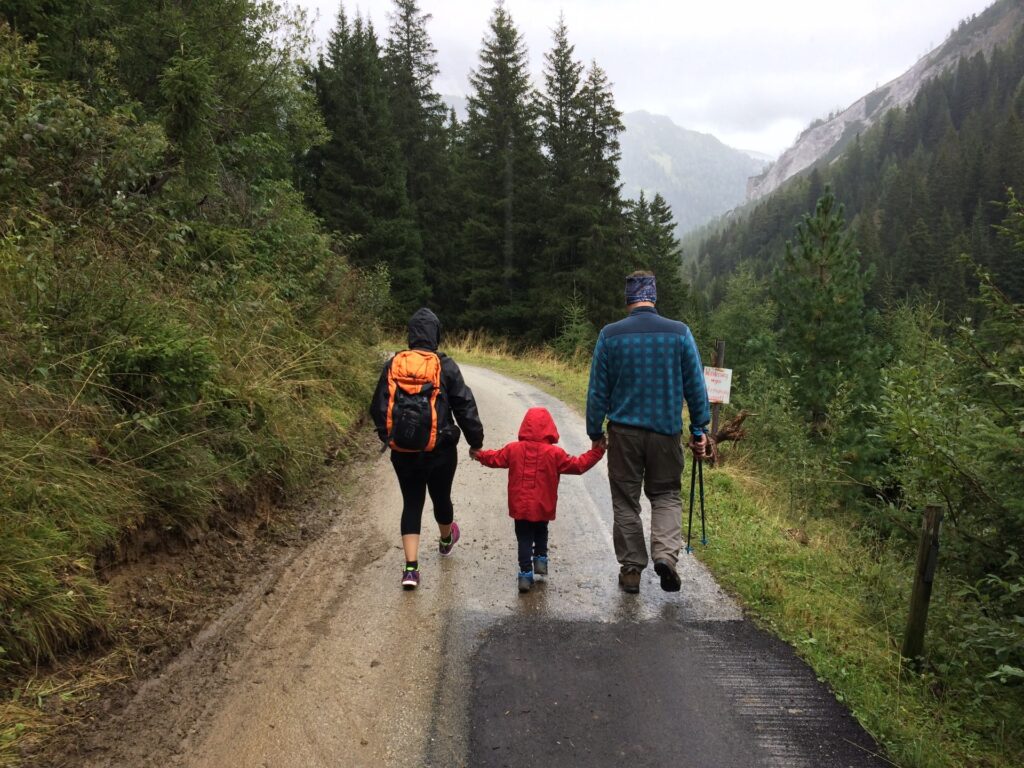“What should I do next?” or ”What should I do with my life?”
This is a really common question many people struggle with. Personally, in the past I found myself pursuing a career that wasn’t at all what I expected. I was left feeling disappointed and dissatisfied. This is what led to me asking, “what should I do next?” or “what should I do with my life?” These are pretty big questions that take shape over time (and thus requires patience).
Whenever I find myself pondering what I should do next in life, it’s often because I’ve forgotten who I am. In this post, I’ll walk you through a 6 step process in helping you figure out what you should do next with your life.
Before I start, I want to leave a caveat that decisions involving switching careers or fields should not be made lightly or suddenly, but over a long period of time and together with your family (and close friends). Especially those with a spouse and kids! Okay, let’s continue.

1. Spend time alone
There is nothing that calms the mind as much as sitting by the beach/woods alone. This is something I’m guilty of not doing enough of. There is a magic to being alone in nature. For me, it calms my mind and brings clarity as everything becomes quiet. I recommend taking 3-5 hours because it takes at least an hour for your brain to slow down. During this time, you can journal, pray, listen to music, and ponder the blessings in your life. Make sure to write down anything you get excited about when you ask “What should I do with my life?”. Remember, more often than not you are not going to have a sudden realization of what to do next, but rather find more peace with yourself.

2. Take strength assessments
If you haven’t done these before, now is the time to try them. Assessments can give you really good clues on where to start looking for your next step in life. Some good assessments I’ve used in the past:
Enneagram
After taking one or all of these assessments, sit down and think about what resonates and what doesn’t (these assessments aren’t perfect).

3. Gather feedback from trusted family and friends
Asking friends and family who you are and what they think you would be good at is a really good idea because they’ve seen the true you. They’ve been with you growing up as a kid and have a really good perspective in watching you grow into the person you are today. They might even help you identify blind spots or see characteristics you’ve overlooked. Once again, your family and friends aren’t perfect, so figure out what resonates with you and what doesn’t sound right and write that down. Also, be sure these relationships are healthy and do not ask toxic people but those you know will truly seek to help you in love.
4. Know your likes and dislikes
Think back across your life and write a list of things you liked to do and things you didn’t like. Everything from sports to classes in school to the type of tasks at work. You’ll start to see a pattern emerge. Try to find the common threads of what you like and what you don’t like and write those down. Circle any key findings (this will be your focus in what to do next).
5. Explore your options
By now, you should have a decent idea of what you like to do and a clearer picture of what kind of person you are. Based on your personality, who you are, and what you like to do, try and drill down into a few career paths. Chances are, there are two or three that really stand out amongst the bunch. Do some research by watching Youtube videos, reading Reddit articles on Day in a Life’s, conduct informational interviews, and read books on each of those businesses or career paths.

6. Just start
Once you’ve done your research, you need to just pick one and GO. This doesn’t mean put yourself or your family in a poor financial position (be tactful). As you go down one path, you’ll discover something that makes you love it more or switch again. I once had a manager that told me, “You can’t mess up your career. There is no one path you take that will ruin your life”. This has stuck with me my entire career. This doesn’t mean wishy-washy and throw loyalty out the door. It simply means don’t get trapped in building the perfect resume (or being afraid of a failed business).
Conclusion
I hope this process can help you figure out what to do next in your life. I used this process every time I deal with a transition or fell dissatisfied with my professional life. Figuring out what to do next in life takes courage, grit, and hard work, all of which you have. I’m excited to see what you decide and where you ultimately end up. I hope this article pushes you closer towards living your best life today. Comment down below if this process has helped you or if you have any other suggestions for figuring this question out.







